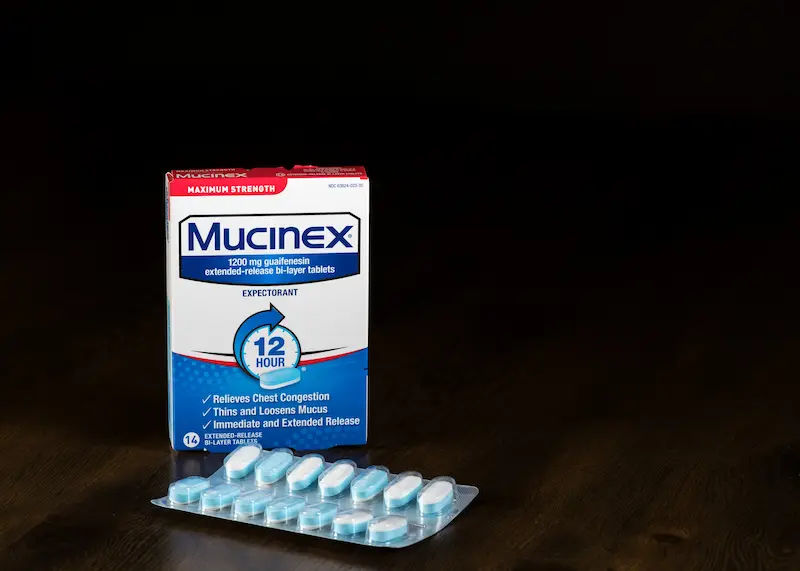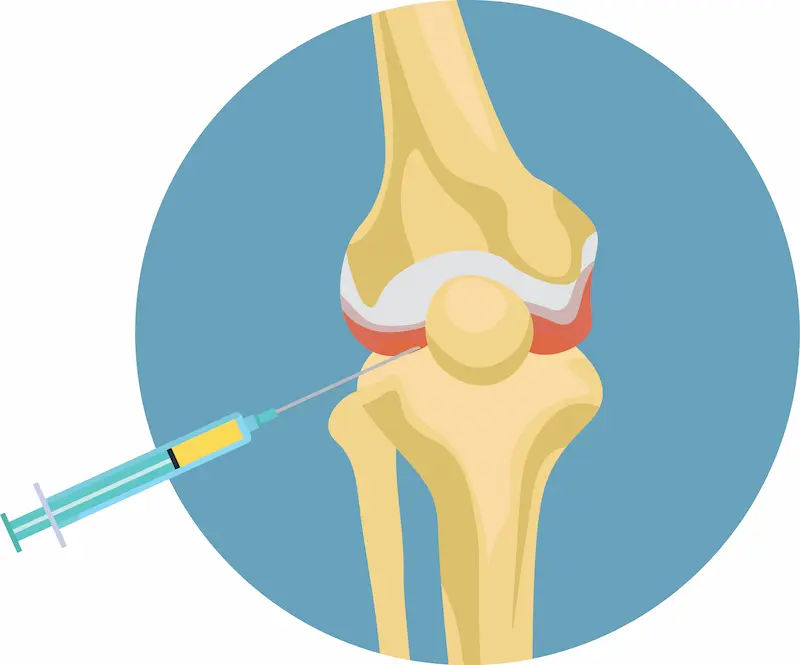Natural Ways to Manage Low Blood Pressure in Pregnancy
Know about the low blood pressure in pregnancy, ways to manage low blood pressure during this period, the influence of dietary changes, posture changes and more.


Introduction
The journey of pregnancy is a beautiful rollercoaster, but it can also bring unexpected physical changes. While much attention is given to high blood pressure, experiencing low blood pressure during pregnancy is incredibly common, particularly in the first and second trimesters. This drop, often caused by hormonal shifts and increased blood flow to support your baby, can lead to frustrating symptoms like dizziness, lightheadedness, fatigue, and even fainting. This comprehensive guide is designed to empower you with safe, effective, and natural treatments for low BP during pregnancy.
Understanding Low Blood Pressure (Hypotension) in Pregnancy
It includes cause & symptoms :
What Causes Low BP When Pregnant?
During pregnancy, your body undergoes a miraculous transformation to support your growing baby. Two primary factors contribute to low blood pressure in expectant mothers. First, the hormone progesterone causes your blood vessels to relax and widen, which improves blood flow to the placenta but can lower overall blood pressure.
Second, your circulatory system expands dramatically your blood volume increases by up to 50% but the expansion of plasma volume often outpaces the production of red blood cells, leading to a temporary dilutional effect known as physiological anaemia, which can contribute to lower pressure.
Consult a Gynaecologist for Personalised Advice
Common Symptoms to Watch For
Recognising the signs of hypotension can help you manage episodes before they become severe. The most common symptoms of low BP during pregnancy include:
- Dizziness or lightheadedness, especially when standing up quickly (orthostatic hypotension)
- Nausea
- Blurred or tunnel vision
- Fatigue and a general lack of energy
- Pale, clammy skin
- Feeling faint or actually fainting
- Difficulty concentrating
Dietary Strategies for Managing Low BP
What you eat and drink plays a pivotal role in stabilising your blood pressure. The goal isn't to drastically change your diet but to make strategic, mindful choices.
The Power of Hydration and Electrolytes
- Dehydration is a major trigger for low blood pressure. When you're dehydrated, your blood volume decreases, which directly causes a drop in BP. Staying hydrated during pregnancy is non-negotiable. Aim for 8-10 glasses of water a day, and more if you're active or it's hot. For an extra boost, incorporate natural electrolyte sources like coconut water or a pinch of Himalayan salt in your water. These help your body retain fluids and maintain a healthy blood volume.
Smart Sodium Intake
- While too much salt is a concern for high blood pressure, it can be beneficial for those with hypotension. A moderate increase in sodium can help raise blood pressure by encouraging your body to retain water, thereby increasing blood volume. Crucially, you must discuss this with your doctor or midwife first. They can give you a safe, personalised recommendation. Think healthy salts: add a sprinkle to your meals, enjoy salted nuts, or have a bowl of broth.
Eating Small, Frequent Meals
- Large meals can cause a phenomenon called postprandial hypotension, where blood rushes to your digestive tract after eating, leading to a drop in pressure elsewhere. Instead of three large meals, opt for small, frequent meals for low BP. This helps maintain stable blood sugar and blood pressure levels throughout the day. Keep healthy snacks like fruit, yoghurt, or whole-grain crackers on hand.
Lifestyle and Home Remedies
- Beyond diet, simple daily habits can make a profound difference in managing your symptoms and preventing dizzy spells.
Mastering Movement and Position Changes
Orthostatic hypotension, the dizzy feeling when you stand up, is a hallmark of low BP. The key is to move slowly to prevent dizziness. When getting out of bed, sit on the edge for a full minute, with your feet dangling, before slowly pushing yourself up to stand. Avoid jumping up from the couch or chair. When standing for long periods, shift your weight from one foot to the other or gently march in place to encourage blood flow.
The Benefits of Prenatal Exercise
- It might seem counterintuitive to exercise when you feel faint, but regular, gentle exercise during pregnancy, like walking or prenatal yoga, can actually help. It improves your overall circulation and strengthens your heart and blood vessels, making them more efficient at regulating blood pressure. The key is to avoid overexertion. Listen to your body and stop if you feel lightheaded.
Compression Garments
- Maternity support stockings apply gentle pressure to your legs and feet, preventing blood from pooling in your lower extremities. This helps more blood return to your heart and brain, which can significantly reduce dizziness and fatigue. They are particularly helpful if you need to stand for long periods.
Prioritising Rest and Sleep
- Pregnancy is exhausting, and fatigue can exacerbate low BP symptoms. Getting enough rest while pregnant is a form of medicine. Aim for 8-9 hours of sleep per night and listen to your body when it asks for a nap. When resting, try lying on your left side, which improves blood flow to your heart and, consequently, to your brain and baby.
When to Seek Medical Attention?
While low BP is often a normal part of pregnancy, it's vital to know when it signals a problem. Contact your healthcare provider immediately if you experience:
- Frequent fainting spells
- Dizziness that is severe or doesn't go away
- Chest pain or palpitations
- Shortness of breath
- Bleeding or severe headache
These could be signs of something more serious, like internal bleeding or an ectopic pregnancy. Always err on the side of caution and get professional medical advice.
Conclusion: Embracing a Balanced Approach
Managing low blood pressure during pregnancy is often about embracing a series of small, consistent, and natural daily practices. From prioritising hydration and mindful eating to moving slowly and resting adequately, you have a powerful toolkit at your disposal. While these natural remedies are highly effective for most, your prenatal care team is your greatest partner. Always keep them informed about your symptoms and work with them to create a plan that ensures both you and your baby remain healthy and safe.
Consult a Gynaecologist for Personalised Advice
Consult a Gynaecologist for Personalised Advice

Dr. Mona Yadav
Obstetrician and Gynaecologist
19 Years • MBBS, MD (Obstetrics & Gynaecology)
Dombivli
Nulife multispeciality, Dombivli

Dr. Parul Sharma
Obstetrician and Gynaecologist
8 Years • MBBS, MS (Obstetrics & Gynaecology)
New Delhi
THE DOCTORS NESST, New Delhi

Dr. Asha Rani Singh
Obstetrician and Gynaecologist
24 Years • MBBS DGO
Delhi
Dr Asha Rani Singh Clinic, Delhi

Dr. Shyamala Devi
Obstetrician and Gynaecologist
38 Years • MBBS, MS Obstetrics & Gynaecology
Vijayawada
Sri Shivshakti Nilayam, Vijayawada
Dr. K Anusha
Obstetrician and Gynaecologist
4 Years • MBBS, DGO
Yemmiganur
SRINIVASAA HOSPITAL, Yemmiganur
Consult a Gynaecologist for Personalised Advice

Dr. Mona Yadav
Obstetrician and Gynaecologist
19 Years • MBBS, MD (Obstetrics & Gynaecology)
Dombivli
Nulife multispeciality, Dombivli

Dr. Parul Sharma
Obstetrician and Gynaecologist
8 Years • MBBS, MS (Obstetrics & Gynaecology)
New Delhi
THE DOCTORS NESST, New Delhi

Dr. Asha Rani Singh
Obstetrician and Gynaecologist
24 Years • MBBS DGO
Delhi
Dr Asha Rani Singh Clinic, Delhi

Dr. Shyamala Devi
Obstetrician and Gynaecologist
38 Years • MBBS, MS Obstetrics & Gynaecology
Vijayawada
Sri Shivshakti Nilayam, Vijayawada
Dr. K Anusha
Obstetrician and Gynaecologist
4 Years • MBBS, DGO
Yemmiganur
SRINIVASAA HOSPITAL, Yemmiganur
More articles from General Medical Consultation
Frequently Asked Questions
What is considered dangerously low blood pressure during pregnancy?
There's no single number that is universally 'dangerous,' as it varies by individual. However, a reading consistently below 90/60 mm Hg is typically classified as hypotension. The real danger lies in the symptoms. If your low BP causes fainting, falls, or prevents you from functioning daily, it requires medical attention.
Can low blood pressure hurt my baby?
In most cases, mild to moderate low blood pressure is not directly harmful to the baby and is actually a sign of a well-functioning placenta. However, if it leads to a fall from fainting or causes severely reduced blood flow (which is rare), it could become a concern. This is why managing symptoms is so important.
Are there specific foods to avoid if I have low BP?
There are no specific foods you must universally avoid, but be cautious with large, heavy, carbohydrate-rich meals (like a big plate of pasta) as they can cause a significant post-meal drop in pressure. Also, limit or avoid alcohol, which causes dehydration and vasodilation, worsening low BP.
Does low blood pressure mean I'll have an easier labour?
Not necessarily. While chronic high blood pressure can complicate delivery, low blood pressure doesn't guarantee an easier labour. Labour is influenced by a multitude of factors, including the baby's position, the pelvis size, and the strength of contractions.
Will my blood pressure return to normal after pregnancy?
Yes, in the vast majority of cases, your blood pressure will gradually return to your pre-pregnancy baseline within the first few weeks to months after delivery as your hormone levels stabilise and your blood volume decreases.




